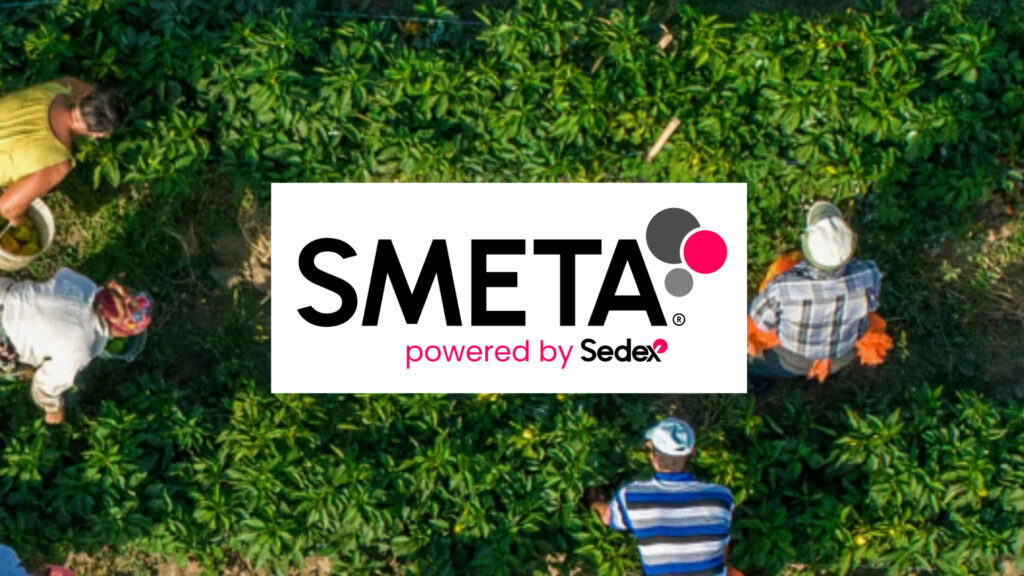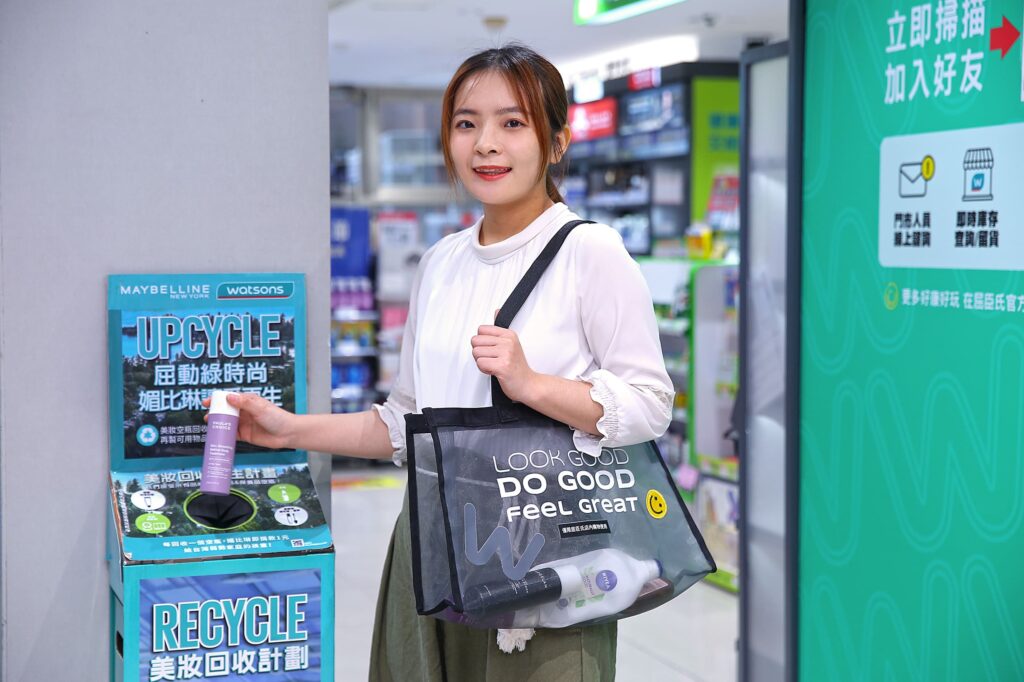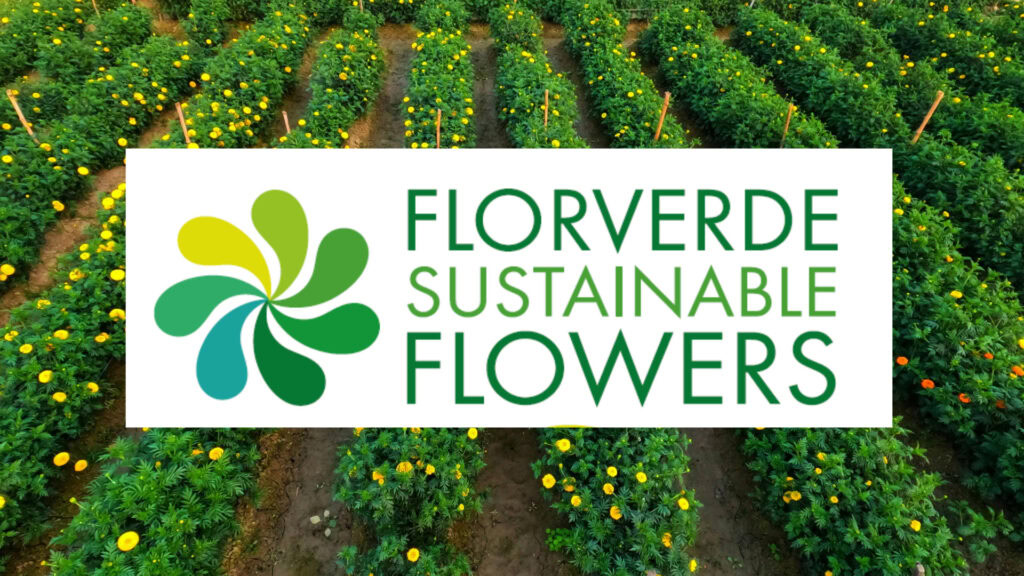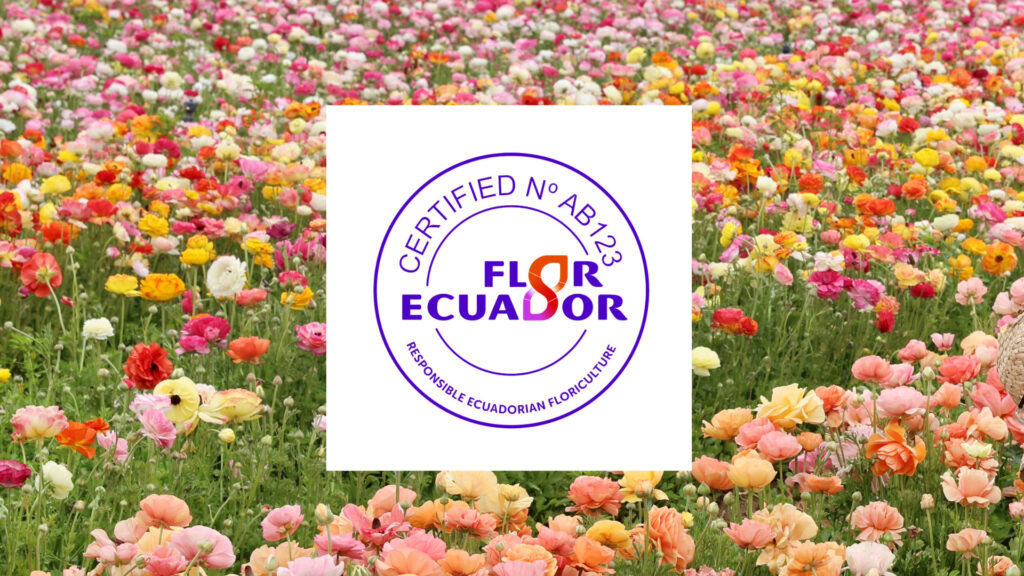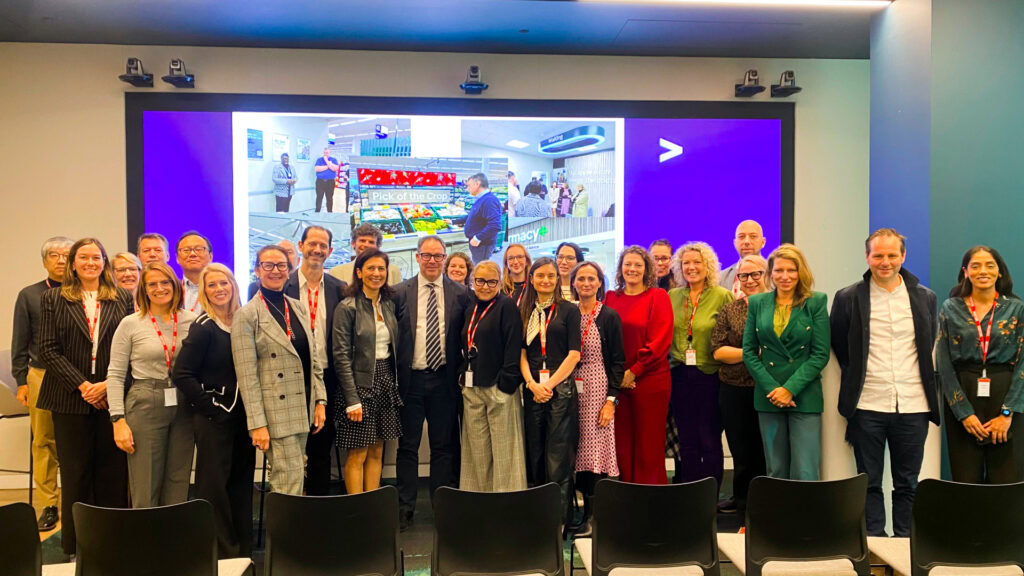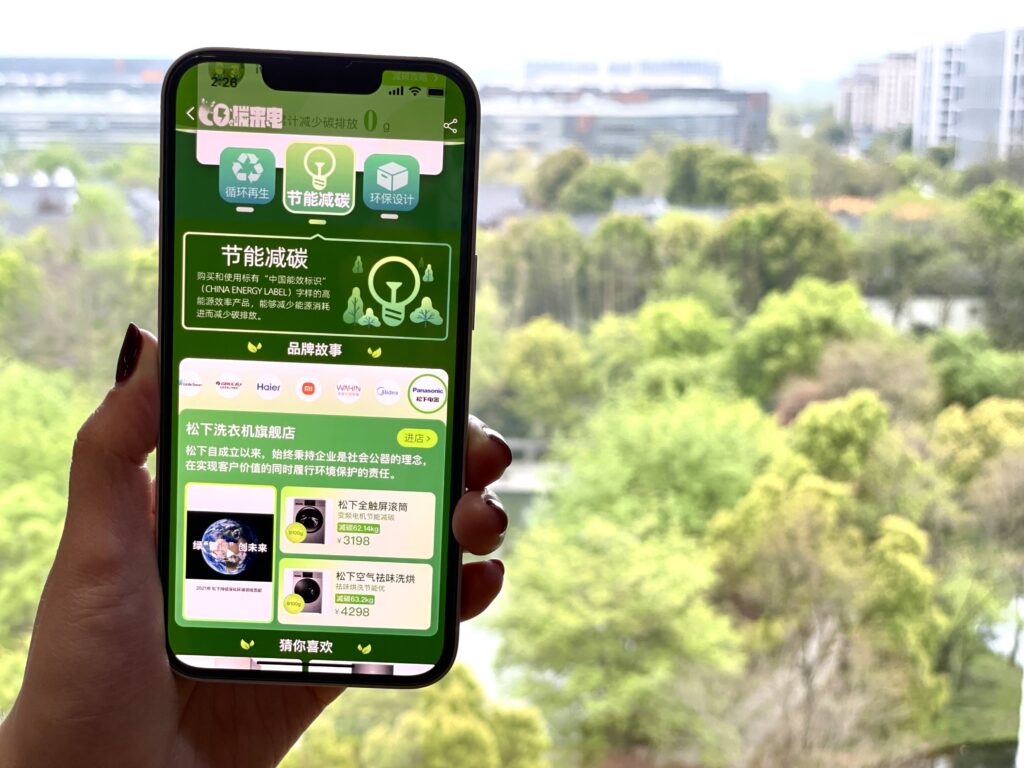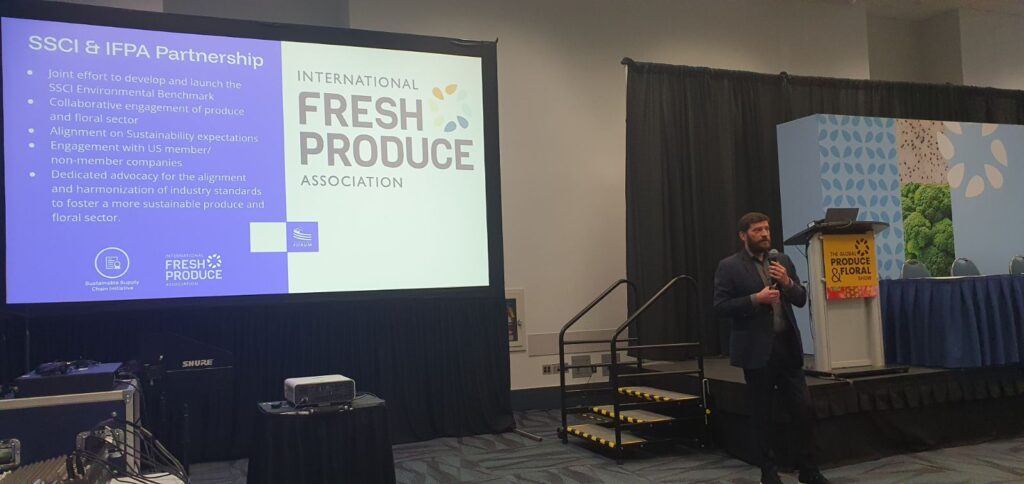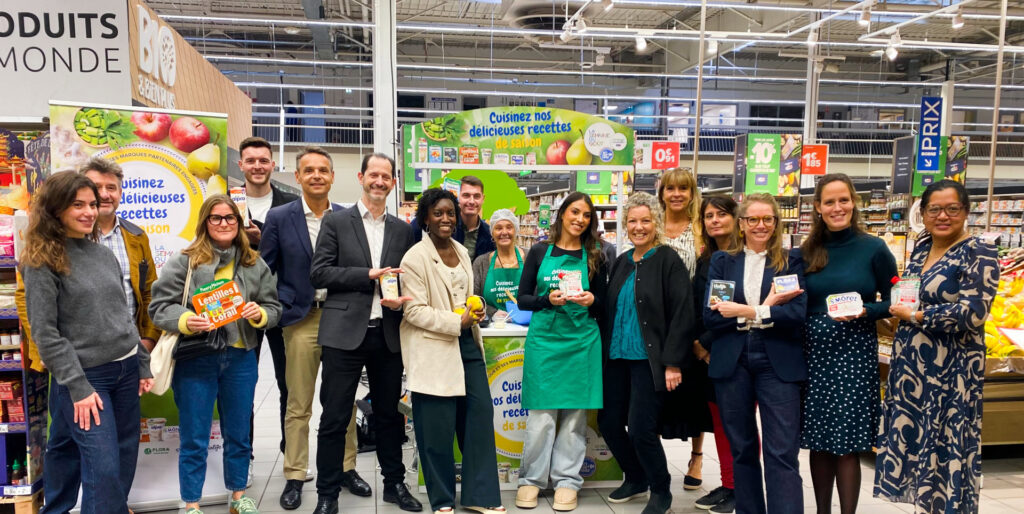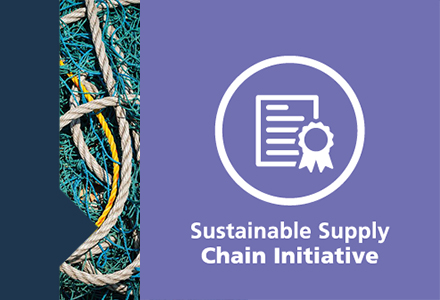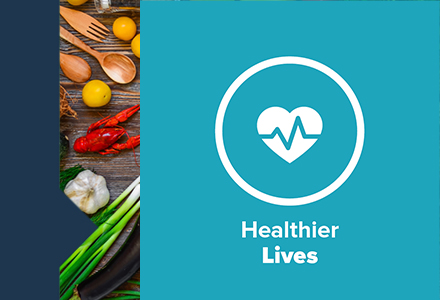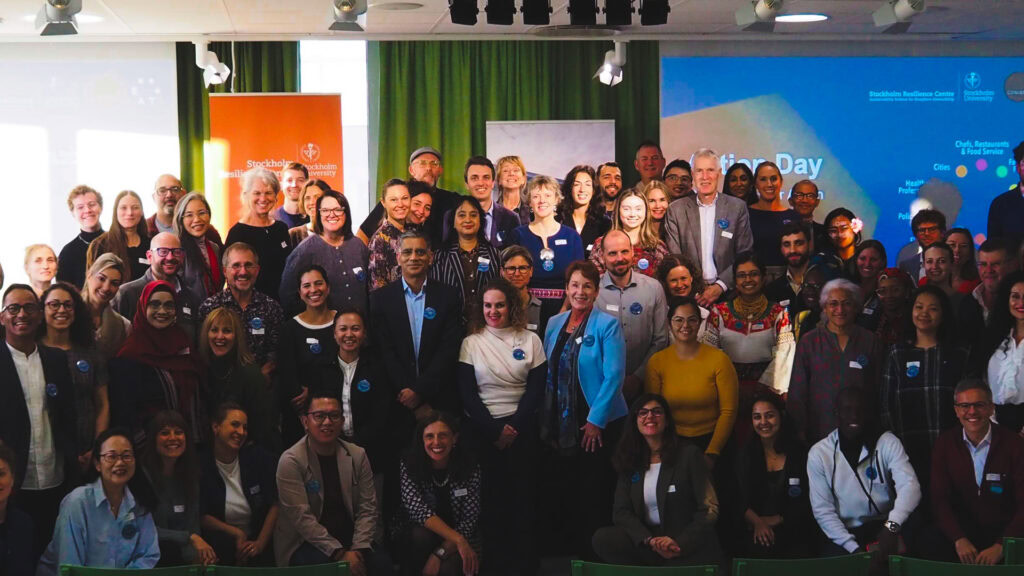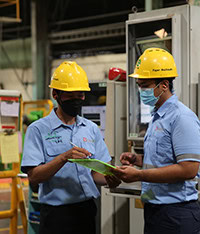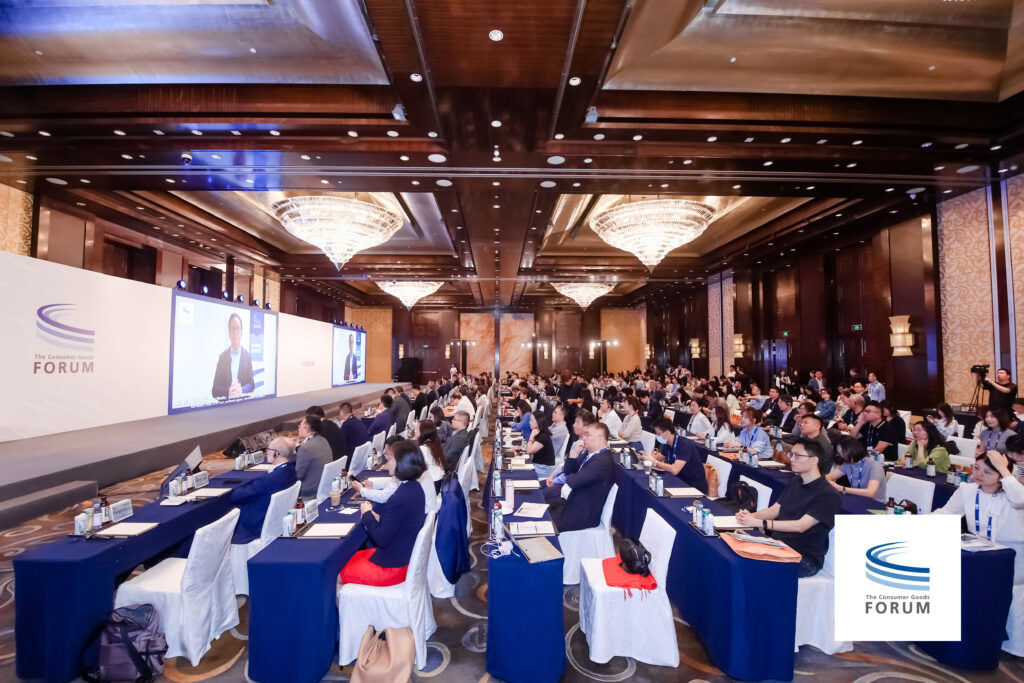Explore Tags
#Deforestation-free supply chains, #amazon web services, #Reposit, #COP30, #Forest protection, #Beef supply chains, #palm oil supply chains, #Supply chain transparency, #Landscape initiatives, #IBM Institute for Business Value, #Data Driven SpringBoard, #low salt alternatives, #LoSalt, #salt intake reduction, #retailer manufacturer collaboration, #food industry news, #corporate health initiatives, #snack industry, #SRS26, #Data Driven Value Chain, #Caroline Klinge, #Ottawa, #supermercados peruanos, #Healthier Lives Coalition, #CGF Healthier Lives Coalition, #Reuse, #corporate sustainability reporting, #paper pulp fibre packaging,
